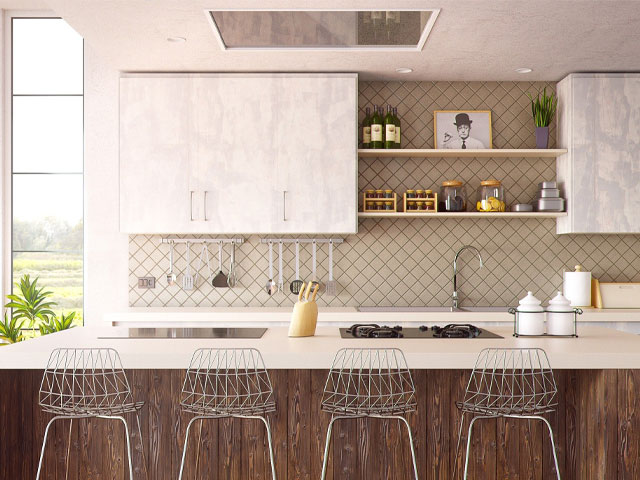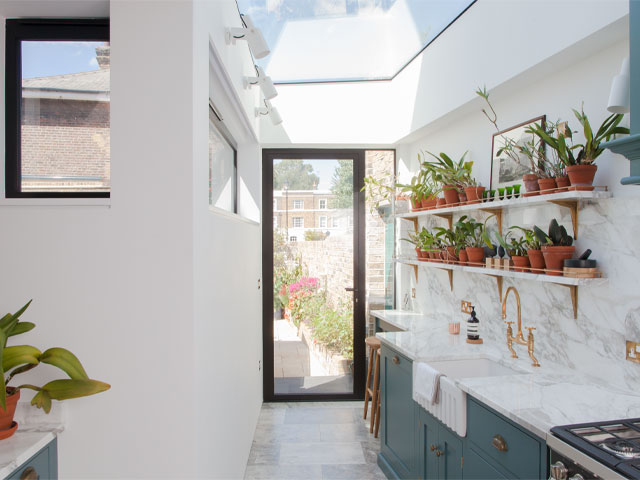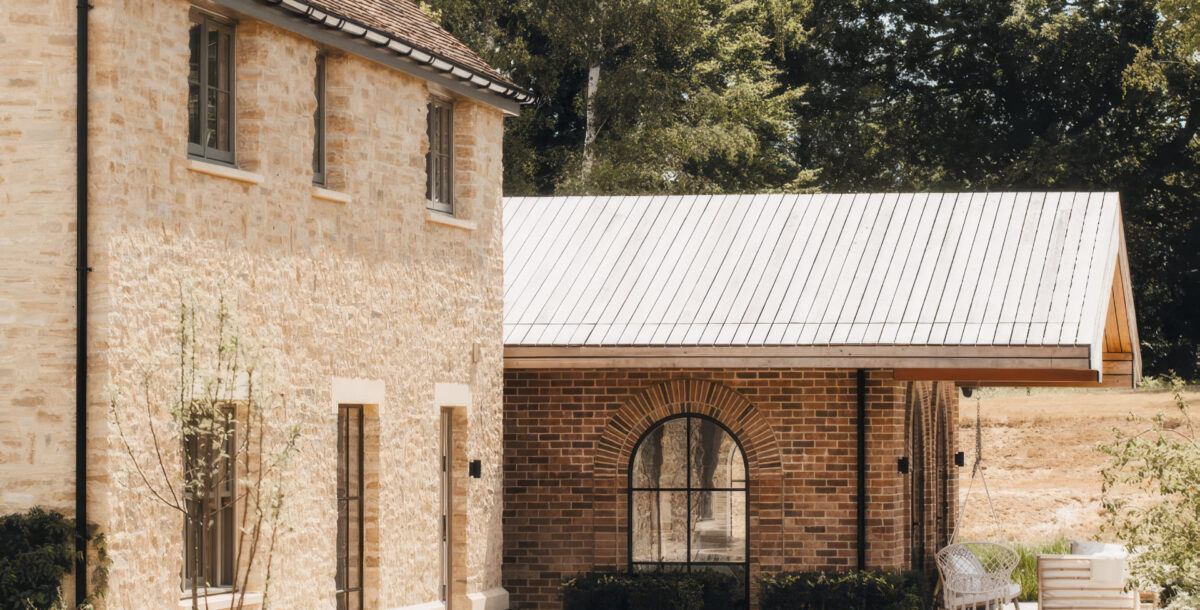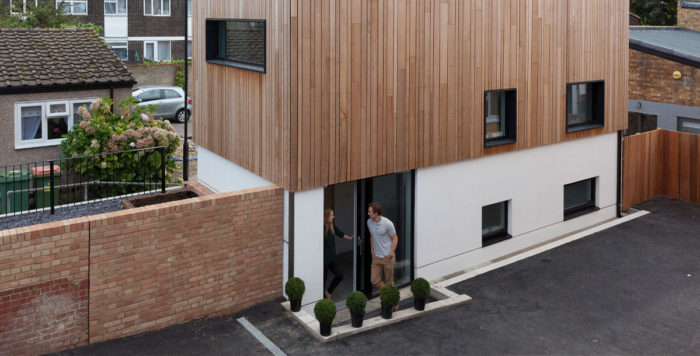How to remortgage for home improvements
Home improvement projects are on the rise - as are remortgaging applications to finance them
The saying ‘don’t move, improve’ came into its own during the pandemic, with many homeowners doing just that. Research shows that renovation projects have been on the rise across the UK. But how are people financing them? The key, it seems, is to remortgage. Grand Designs magazine asks an expert how to remortgage for home improvements…
A good investment
‘It’s no surprise to hear that home improvements are on the rise,’ said Paula Higgins, Chief Executive of the HomeOwners Alliance.
‘The pandemic has meant we’re spending more time in our homes. And as we spend more time at home and less on travel, home renovations look like a good investment. On top of that, while home-schooling has, hopefully, come to an end, working from home at least for part of the week is the new normal for many.’
In response, planning applications have gone up 20% year on year with 124,400 planning applications between January and March 2021, according to the latest government figures.

A loft conversion with Velux windows. Photo: Velux. Find more inspirational loft conversions here
To extend or convert?
‘Home extensions continue to be the most popular project followed by garage and loft conversions,’ continues Paula.
‘Extending your home, whether by rear, side or double storey is the obvious route to creating space and adding value. While converting your loft or garage lets you maximise the under-utilised space in your home for any number of purposes, from homes offices to gyms to an extra bedroom.

A kitchen upgrade is a great way to boost the value of your home. Photo: Giovanni Gargiulo
Financing home improvements
A snapshot of remortgaging behaviour has revealed that more homeowners than ever are borrowing to fund home improvements.
According to data gathered by Mojo Mortgages in August 2021, the amount of people looking to borrow more on their mortgage has seen a significant uplift – with remortgage applications for home improvements up 174% for the year so far.
And it isn’t just the number of people applying to extend their mortgage that has gone up. The amount we are borrowing has also jumped, increasing by 25% over the course of the pandemic. The average amount borrowed in 2019 was £52,209 – as of August 2021, that figure had grown to £65,267.
‘You will need to prove you can afford to extend your mortgage and will need sufficient spare equity in the property to raise capital,’ said Paula. ‘But remortgaging is an ideal way to increase your borrowing and lock into a better deal. With mortgage rates currently below 1%, now is a great time to switch and save.’

A side-return extension by George and James Architects. Read the ultimate guide to side return extensions. Photo: Megan Taylor
How to remortgage for home improvements
Consumer advice website HomeOwners Alliance offers three top tips to get a good deal when remortgaging to fund home improvements:
1. Get estimates
If you want to extend your mortgage to pay for home improvements, lenders will ask for details of the planned building work. Get at least three quotes from builders as soon as possible. And don’t forget to include all the costs from planning applications to painting, decorating and even VAT.
2. Shop around
HOA recommends using a fee-free mortgage broker that covers the whole of the market, rather than being tied to a particular lender. That means they can compare a wide range of deals to find the best one for you. They will be able to help you with your application to extend your borrowing, too. Click here to speak to a fee-free mortgage broker via hoa.org.uk.
3. Watch out for penalties
Be aware that if you switch before your current mortgage deal has expired, you may be charged penalties. But do your sums – it may still be cheaper for you to pay the penalties and switch. Again, a mortgage broker will investigate this and include any penalties and fees in the calculations.









